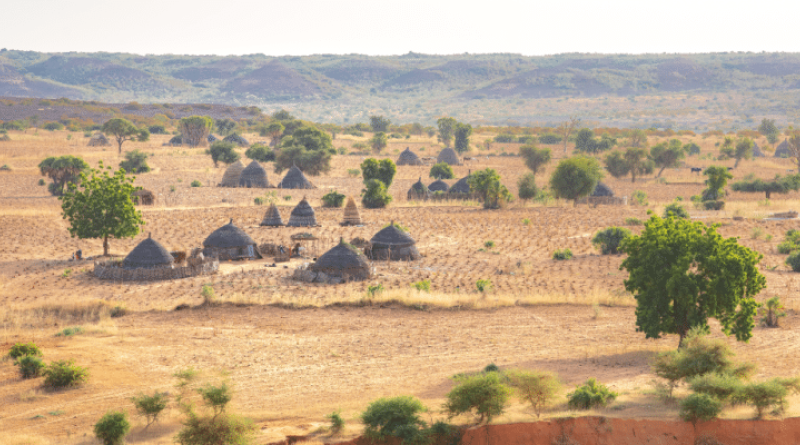Climate insurtech Ibisa raises $3m to offer its solutions in Africa

Start-up Ibisa has just raised $3 million for innovation and expansion in Africa and Asia. The start-up is developing technological solutions for insuring against climate change, mainly in the agricultural sector.
Good news for Ibisa. The Luxembourg-based start-up has closed a $3 million round of financing for parametric insurance in Africa and Asia. The funding round, led by Acumen Resilient Agriculture Fund (ARAF) and Equator, also saw the participation of Asian Development Bank Ventures (ADBV) and other existing Ibisa investors, such as Mumbai, India-based Ankur Capital.
The funds raised will enable the Luxembourg-based start-up to expand its activities. Ibisa offers a range of climate hedges designed to meet the needs of multiple stakeholders around the world. These include insurance products focused on agriculture, typhoon insurance and loan protection for financial institutions.
Solutions tailored for Africa
Ibisa has also developed a heat stress insurance product, initially designed for dairy farmers, mainly in India, which is now being extended to other countries, such as Bangladesh. These solutions are particularly well-suited to Africa, where populations live with droughts and natural disasters such as cyclone Freddy, which swept across part of Madagascar before continuing its devastation in the east of the continent via the Mozambique Channel between February and March 2023.
According to the UN Office for the Coordination of Humanitarian Affairs (OCHA), the death toll from tropical cyclone Freddy, which caused devastating rains, flooding and mudslides in southern Malawi, has risen to more than 225. The disaster has also affected the (agricultural) livelihoods of hundreds of thousands of people in Madagascar, Mozambique, Zimbabwe and other East African countries.
“African farmers are among the hardest hit by climate change, and the need for low-cost parametric insurance products is essential if these farmers are to absorb a climate shock,” said Tamer El-Raghy, Araf’s Director General. The United Nations Food and Agriculture Organisation (FAO) estimates that the global cost of extreme weather events for agriculture is between 10 and 15 billion dollars a year.





